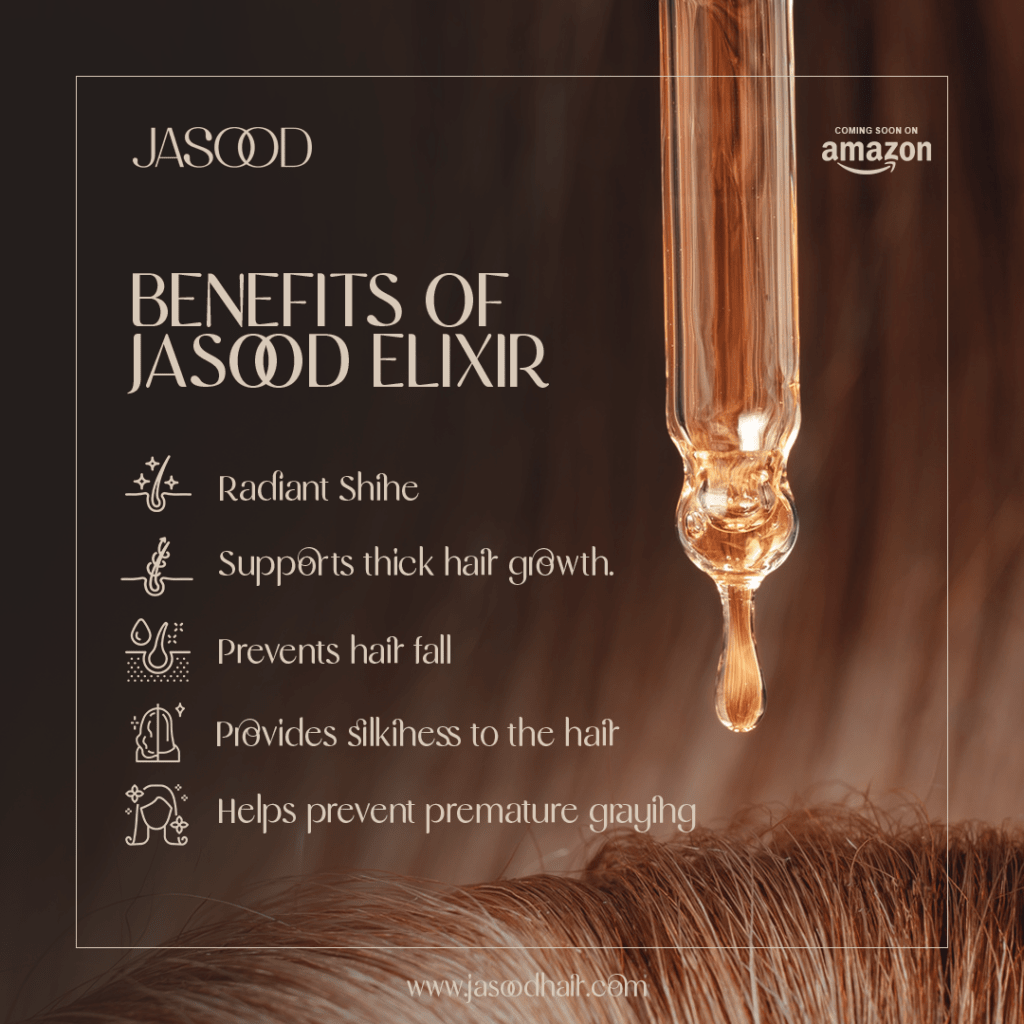1. Introduction
Hair care isn’t just about aesthetics; it’s about nourishing and maintaining the health of your hair. As we explore the world of hair oils, it becomes evident that the choices extend beyond personal preference; they influence the very well-being of our locks. But what makes natural hair oils different from their synthetic counterparts? And, more importantly, why should you care? Let’s embark on this journey of discovery.
2. Understanding Natural Hair Oil
Natural hair oils are derived from plant sources, each with its unique set of properties. From the richness of coconut oil to the versatility of argan oil, these natural extracts have been cherished for centuries for their holistic benefits. Understanding how these oils are extracted sheds light on why they retain their natural goodness.
3. Synthetic Hair Oils: The Basics
On the flip side, synthetic hair oils, a product of modern chemistry, boast convenience and consistency. However, beneath the surface, these oils may harbor ingredients that can be less friendly to your hair. Let’s unravel the basics of synthetic hair oils and what goes into making them.
4. Chemical Composition Comparison
Digging into the chemical structures of natural and synthetic oils unveils stark differences. The impact of these distinctions on hair health is profound, influencing factors such as absorption, nutrition, and potential side effects. Understanding these nuances empowers you to make an informed choice for your hair care routine.
5. Benefits of Natural Hair Oil
Natural hair oils bring a wealth of benefits to the table. From providing deep nourishment to locking in moisture, the natural vitamins and antioxidants they contain contribute to the overall health and vitality of your hair. Say goodbye to dry and dull locks as we explore the transformative advantages of embracing natural oils.
6. Drawbacks of Synthetic Hair Oils
Synthetic oils, while convenient, come with their share of downsides. Artificial additives may pose harm to your hair, leading to allergic reactions and skin irritations. Moreover, the limited nutritional value they offer compared to natural oils raises questions about their long-term impact on hair health.
7. The Role of Essential Fatty Acids
Essential fatty acids play a crucial role in maintaining the health of your hair. Natural oils are rich sources of these fatty acids, contributing to the strength and resilience of your locks. In contrast, synthetic oils often lack or have minimal amounts of these essential components, leaving your hair wanting.
8. Environmental Impact
The choices we make in our beauty routines extend beyond personal well-being; they affect the environment. Natural hair oils often boast sustainability and eco-friendliness, while the production of synthetic oils may contribute to chemical waste and pollution. Let’s explore the environmental implications of our hair care choices.
9. Understanding Hair Structure
For your hair to thrive, the products you use must align with its natural structure. Natural hair oils complement the structure of your hair, fostering a synergistic relationship that synthetic oils may struggle to achieve. Learn how choosing the right oil can enhance the health and appearance of your hair.
10. Cultural Significance of Natural Hair Oils
Throughout history, different cultures have celebrated the use of natural oils for hair care. From ancient rituals to modern traditions, the cultural significance of these oils goes beyond aesthetics, intertwining with beliefs and practices that span generations.
11. Effectiveness in Hair Growth
We all desire luscious locks, and the role of hair oils in promoting growth has been a subject of scientific inquiry. Natural oils, backed by studies, showcase their effectiveness in promoting hair growth, while the evidence for synthetic oils remains inconclusive. Explore the science behind hair growth and the role natural oils play in the process.
12. Choosing the Right Natural Hair Oil
The market is flooded with options, and choosing the right natural hair oil can be overwhelming. Factors such as hair type, climate, and personal preferences come into play. We’ll guide you through the selection process and introduce you to popular natural oils and their specific benefits.
13. Market Trends and Consumer Preferences
As society becomes more conscious of the impact of consumer choices, trends in the beauty industry are shifting. Discover the rise in demand for natural, cruelty-free, and organic hair care products, reflecting a collective preference for products that align with ethical and sustainable values.
14. DIY Natural Hair Oil Recipes
For the hands-on enthusiasts, creating your natural hair oil can be a rewarding experience. We provide simple recipes for homemade natural hair oils, allowing you to customize based on your individual needs and preferences. Unleash your creativity and treat your hair to personalized care.
15. Conclusion
In conclusion, the choice between natural and synthetic hair oils transcends mere preference. It’s a decision that influences the health, vibrancy, and sustainability of your hair care routine. Armed with knowledge about the benefits of natural oils and the potential drawbacks of synthetic alternatives, you can make choices that resonate with both your hair and the environment.
FAQs (Frequently Asked Questions)
Are natural hair oils suitable for all hair types? Absolutely! Natural hair oils offer a variety of options suitable for different hair types, whether you have curly, straight, thick, or thin hair.
Can synthetic hair oils cause long-term damage to hair? While synthetic oils may not cause immediate damage, the long-term use of products with artificial additives may lead to dryness, irritation, and other issues.
How often should I apply natural hair oil for optimal results? The frequency of application depends on factors like your hair type and personal preferences. Generally, once or twice a week is a good starting point.
Are DIY natural hair oil recipes effective? Yes, DIY natural hair oil recipes can be effective, provided you choose ingredients suitable for your hair type and follow proper guidelines.
Can synthetic oils promote hair growth? Scientific evidence supporting the role of synthetic oils in hair growth is limited. Natural oils, on the other hand, have been studied and shown positive effects on promoting hair growth.




